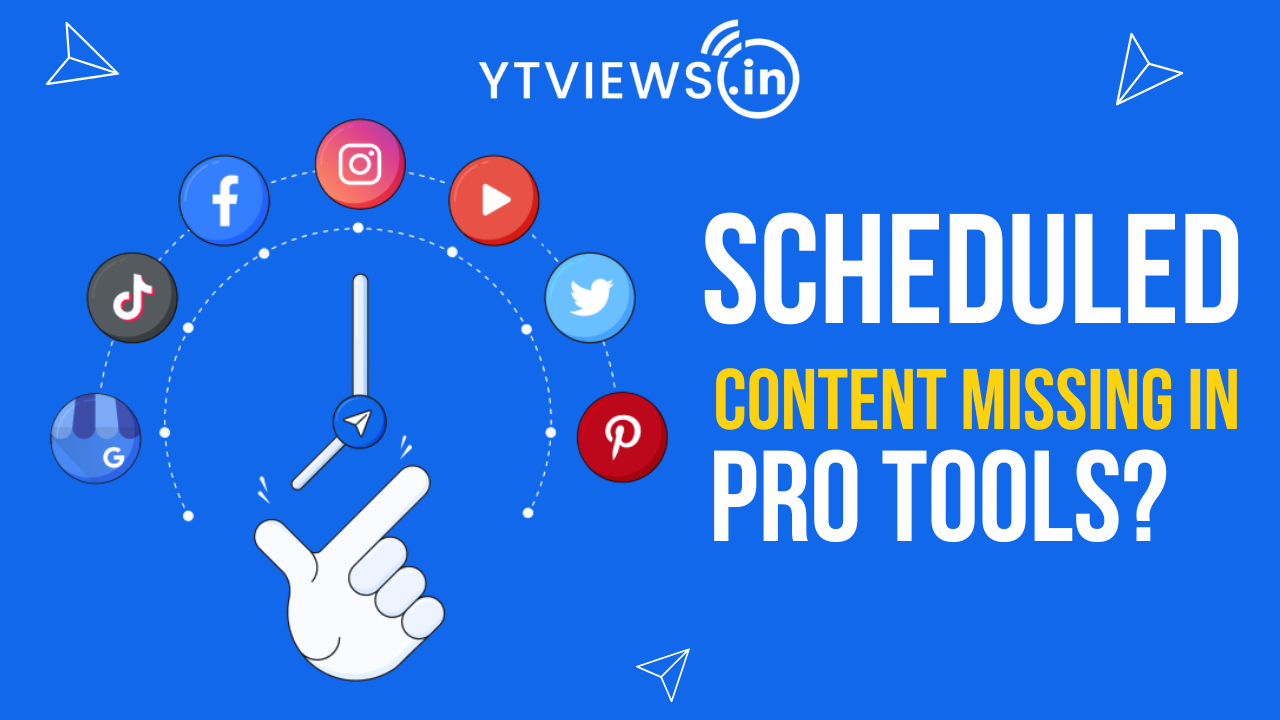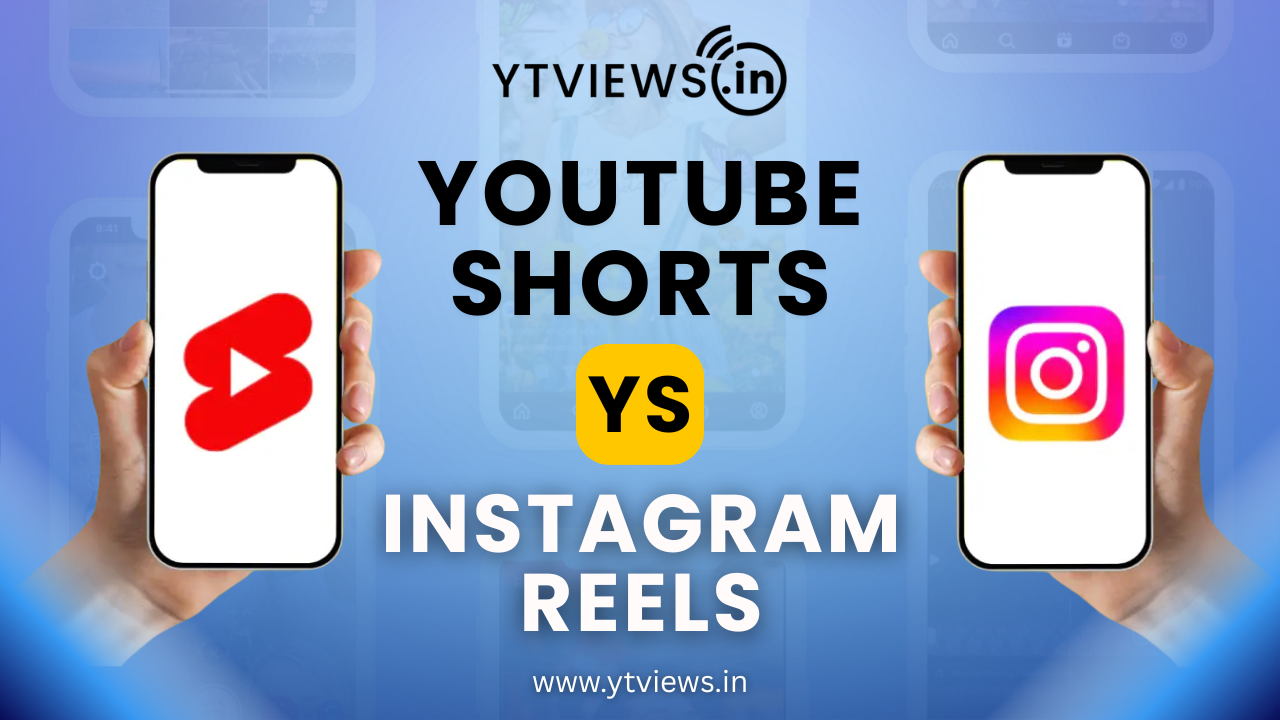The Rise of Micro-Influencers: Why They Matter in 2024
In 2024, micro-influencers are becoming increasingly pivotal in the landscape of digital marketing. These influencers, typically defined as individuals with a social media following ranging from 1,000 to 100,000, are gaining traction due to their unique ability to engage audiences authentically and effectively. Here’s why they matter and why brands are prioritizing them
1. Authentic Engagement
Micro-influencers often have a closer and more personal relationship with their followers compared to larger influencers or celebrities. This intimacy fosters higher levels of trust and engagement. Followers see micro-influencers as relatable and genuine, which enhances the effectiveness of their endorsements and recommendations. In an era where consumers are increasingly skeptical of traditional advertising, this authentic connection makes micro-influencers a valuable asset for brands seeking to build credibility and trust.
2. Cost-Effectiveness
Partnering with micro-influencers is often more budget-friendly than engaging with high-profile celebrities or macro-influencers. For many brands, especially small and medium-sized businesses, micro-influencers offer a cost-effective way to reach targeted audiences without the hefty price tag. This cost-efficiency allows brands to run multiple campaigns with different micro-influencers, increasing their overall reach and impact.
3. Niche Audiences
Micro-influencers frequently operate within specific niches or interest areas, from fitness and beauty to tech and travel. This specialization enables brands to target their marketing efforts more precisely. By collaborating with influencers who have a dedicated following in a particular niche, brands can reach potential customers who are genuinely interested in their products or services. This targeted approach often leads to higher conversion rates and more effective campaigns.
4. Enhanced Brand Loyalty
The personal connection micro-influencers maintain with their followers can translate into stronger brand loyalty. When these influencers promote products or services, their recommendations are often perceived as more authentic and trustworthy. This increased credibility can lead to higher levels of customer loyalty and repeat business, as followers are more likely to trust and act upon the endorsements of someone they admire and relate to.
5. Greater Engagement Rates
Micro-influencers typically achieve higher engagement rates compared to their larger counterparts. Their smaller, more engaged audience means that their posts often receive more likes, comments, and shares relative to their follower count. This high level of interaction amplifies the visibility of branded content and can lead to greater overall impact.
6. Authentic Content Creation
Micro-influencers are known for creating high-quality, authentic content that resonates with their audience. Their content is often perceived as more relatable and less commercialized compared to content from larger influencers or brands. This authenticity helps to maintain the influencer’s credibility and can result in more effective and compelling marketing campaigns.
7. Opportunities for Long-Term Partnerships
Building long-term relationships with micro-influencers can be beneficial for brands. Unlike one-off campaigns, ongoing partnerships with micro-influencers allow for more consistent and cohesive brand messaging. This continuity helps to reinforce brand identity and foster deeper connections with target audiences.
In conclusion, the rise of micro-influencers in 2024 highlights their growing importance in digital marketing. Their authentic engagement, cost-effectiveness, niche audiences, and high engagement rates make them a valuable resource for brands looking to connect with consumers in a meaningful way. As the marketing landscape continues to evolve, micro-influencers are set to play an increasingly crucial role in shaping brand strategies and driving consumer engagement.
Related Posts

Why You Can’t Find Scheduled Content under Pro Tools

YouTube Adds Voice Replies & Shorts Remix Updates

Increase Your LinkedIn Reach with Ytviews LinkedIn Share Service

How the YouTube Algorithm Promotes and Pushes New Videos



































